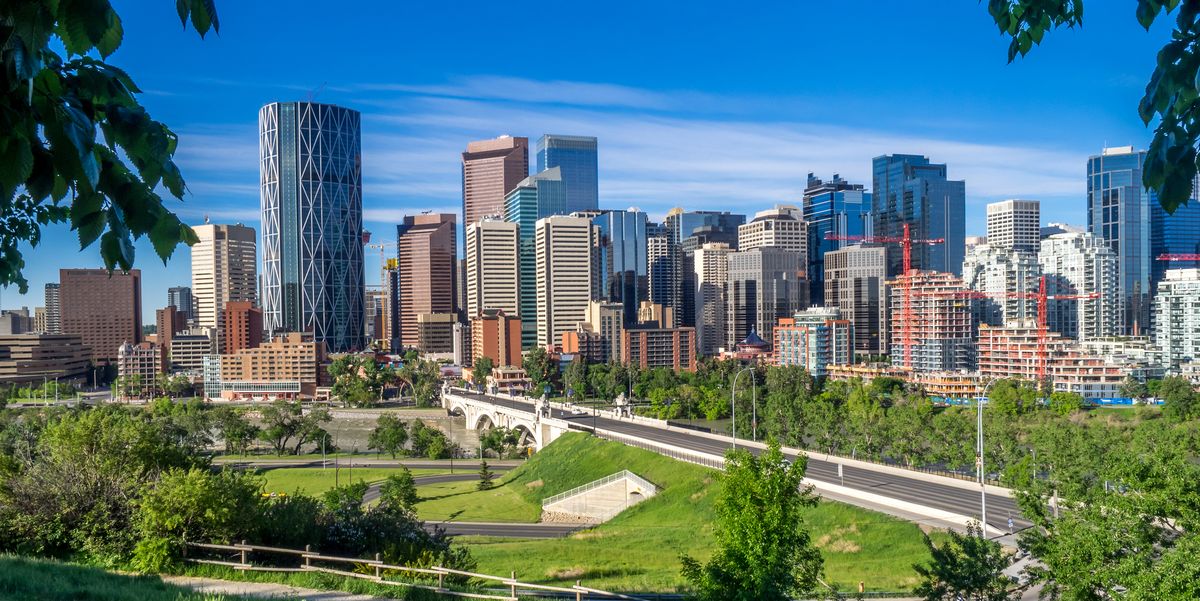Always_Biking
Senior Member
Calgary's millennials own more real estate than those elsewhere in Canada, Royal Lepage survey suggests
New mortgage guidelines keep a generation on the outside looking in at real estate — outside Calgary
http://www.cbc.ca/news/canada/calga...s-calgary-tops-country-in-ownership-1.4252368

New mortgage guidelines keep a generation on the outside looking in at real estate — outside Calgary
http://www.cbc.ca/news/canada/calga...s-calgary-tops-country-in-ownership-1.4252368








